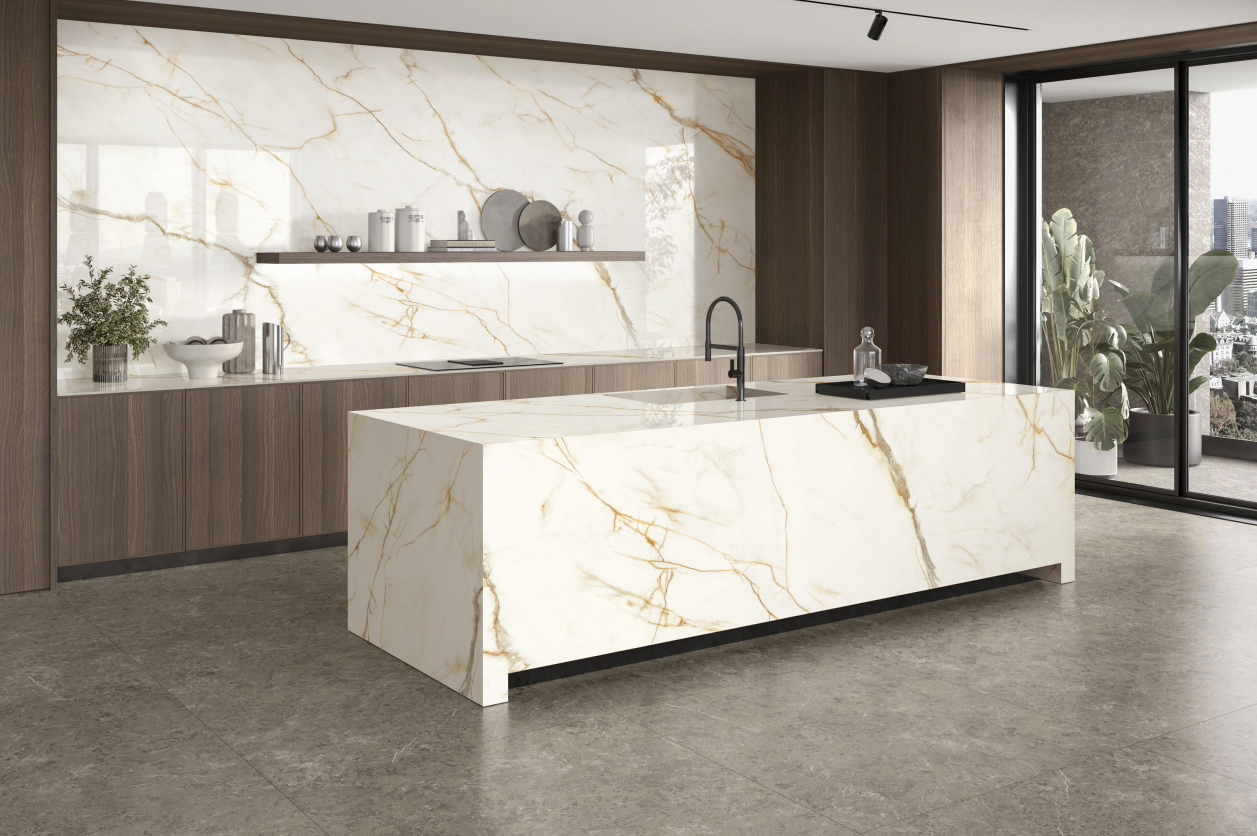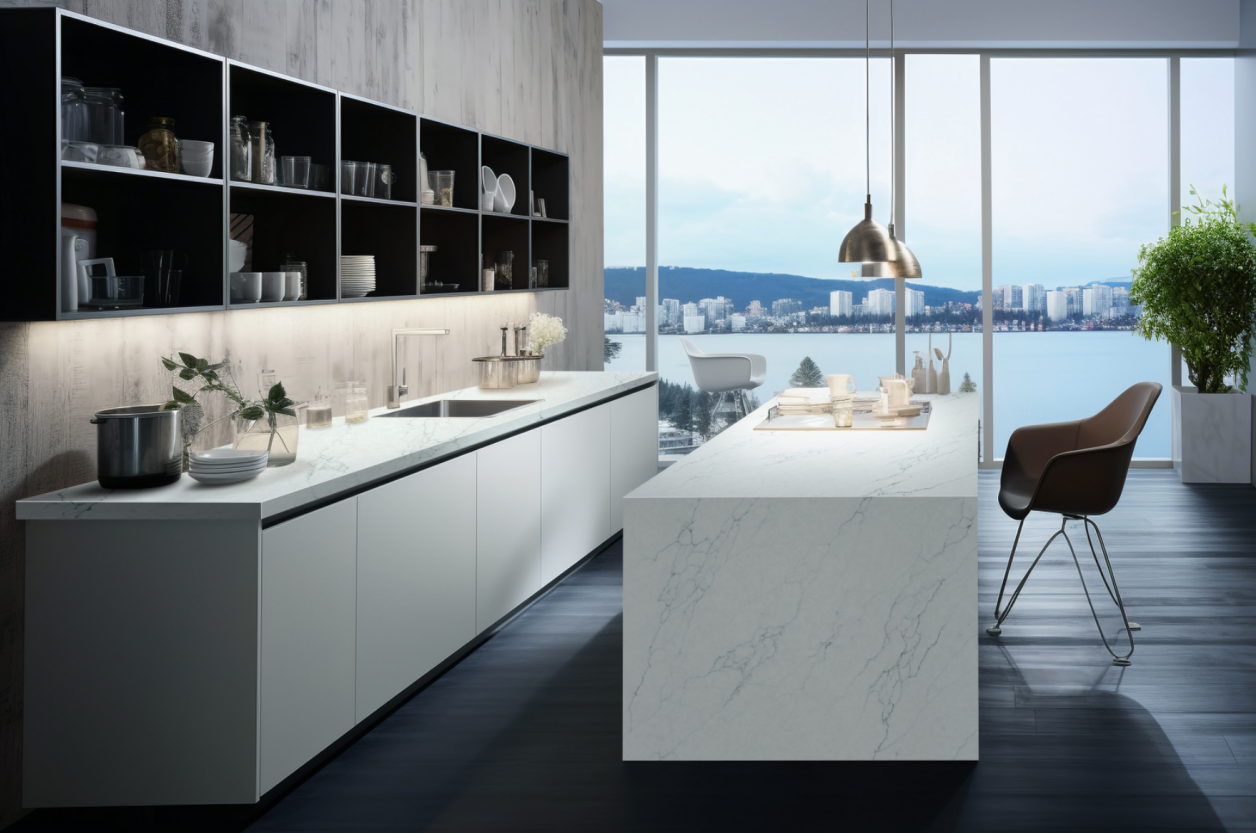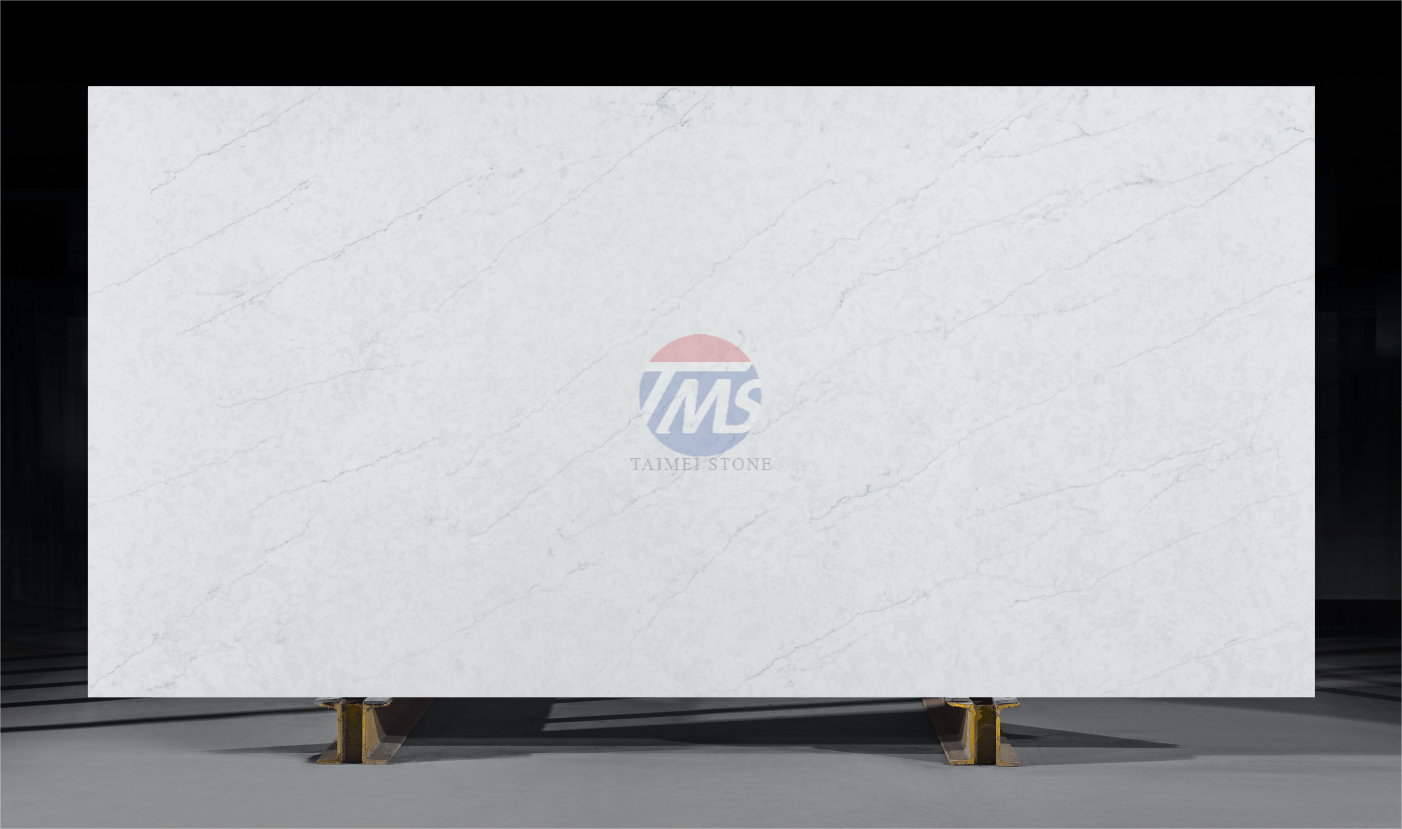Durability is one of the first things homeowners consider when choosing countertop materials. With busy kitchens, constant spills, and daily use, your surface needs to stand the test of time. Quartz slabs have quickly gained popularity not just for their beauty but also for their resilience. But how durable are they really? Let’s dive into what makes quartz slabs a top choice for modern spaces.
What is Quartz Slab?
Quartz slabs are engineered stone surfaces made from around 90–95% crushed natural quartz combined with resin and pigments. Unlike granite or marble, which are cut directly from the earth, quartz is man-made, giving it unique advantages. This blend creates a material that’s not only stunning but also tougher in many ways than natural stone.
The Durability Factor Explained
Durability means more than just looking good over the years. Quartz slabs are strong, dense, and resistant to everyday wear. Whether it’s kids spilling juice, sharp knives in action, or the heat from cooking, quartz is built to endure the chaos of daily life.
Scratch Resistance
One of quartz’s biggest selling points is its scratch resistance. While it’s not entirely scratch-proof, it does resist minor cuts and scrapes far better than marble or laminate. Compared to granite, quartz holds its own—though using a cutting board is still smart to keep both your knives and your surface in top shape.
Heat Resistance
Here’s the catch: while quartz is durable, it isn’t invincible against heat. Resins in quartz can discolor or crack when exposed to extreme heat. That’s why placing a scorching hot pan directly on quartz isn’t recommended. Using trivets or heat pads will save your surface from long-term damage.
Stain Resistance
Quartz is non-porous, meaning it doesn’t absorb spills the way granite or marble can. Coffee, wine, and sauces wipe away easily, reducing the risk of permanent stains. This feature makes quartz especially attractive for kitchens and bathrooms where spills are a daily occurrence.
Impact Resistance
Drop a spoon? No problem. Drop a cast-iron skillet? That’s another story. Quartz is resistant to chips and cracks, but like any stone, it has its limits. The edges and corners are more vulnerable than flat surfaces, so a little care goes a long way.
Moisture and Mold Protection
Because quartz doesn’t have pores, it resists water absorption, mold, and bacteria. This makes it a hygienic option, especially in food prep areas or bathrooms where moisture is a constant battle.
Chemical Resistance
While quartz stands up to everyday cleaning products, harsh chemicals like bleach, oven cleaners, or strong solvents can damage the resin. A mild soap and water solution is usually all you need. Less is more when it comes to cleaning quartz.
Longevity of Quartz Slabs
With proper care, quartz slabs can last 20 years or more. Many manufacturers even back their products with long warranties, showing confidence in the material’s durability. Compared to other options, quartz offers peace of mind for long-term investment.
Quartz vs. Other Countertop Materials:
1、Quartz vs Granite
Granite is heat-resistant and natural, but it needs sealing and can stain. Quartz is lower maintenance with better stain resistance.
2、Quartz vs Marble
Marble is beautiful but prone to scratches and etching. Quartz offers the same luxury look without the headaches.
3、Quartz vs Laminate
Laminate is cheaper but wears out quickly. Quartz, though pricier, is far more durable and valuable in the long run.
Maintenance Requirements
Quartz’s low-maintenance nature is part of its appeal. No sealing, no waxing—just simple cleaning with soap and water. Avoid harsh scrubbing pads and chemicals, and you’ll keep your surface gleaming for years.
Quartz slabs are among the most durable, stylish, and low-maintenance countertop choices available today. While they aren’t indestructible, they strike the perfect balance between strength and beauty.




